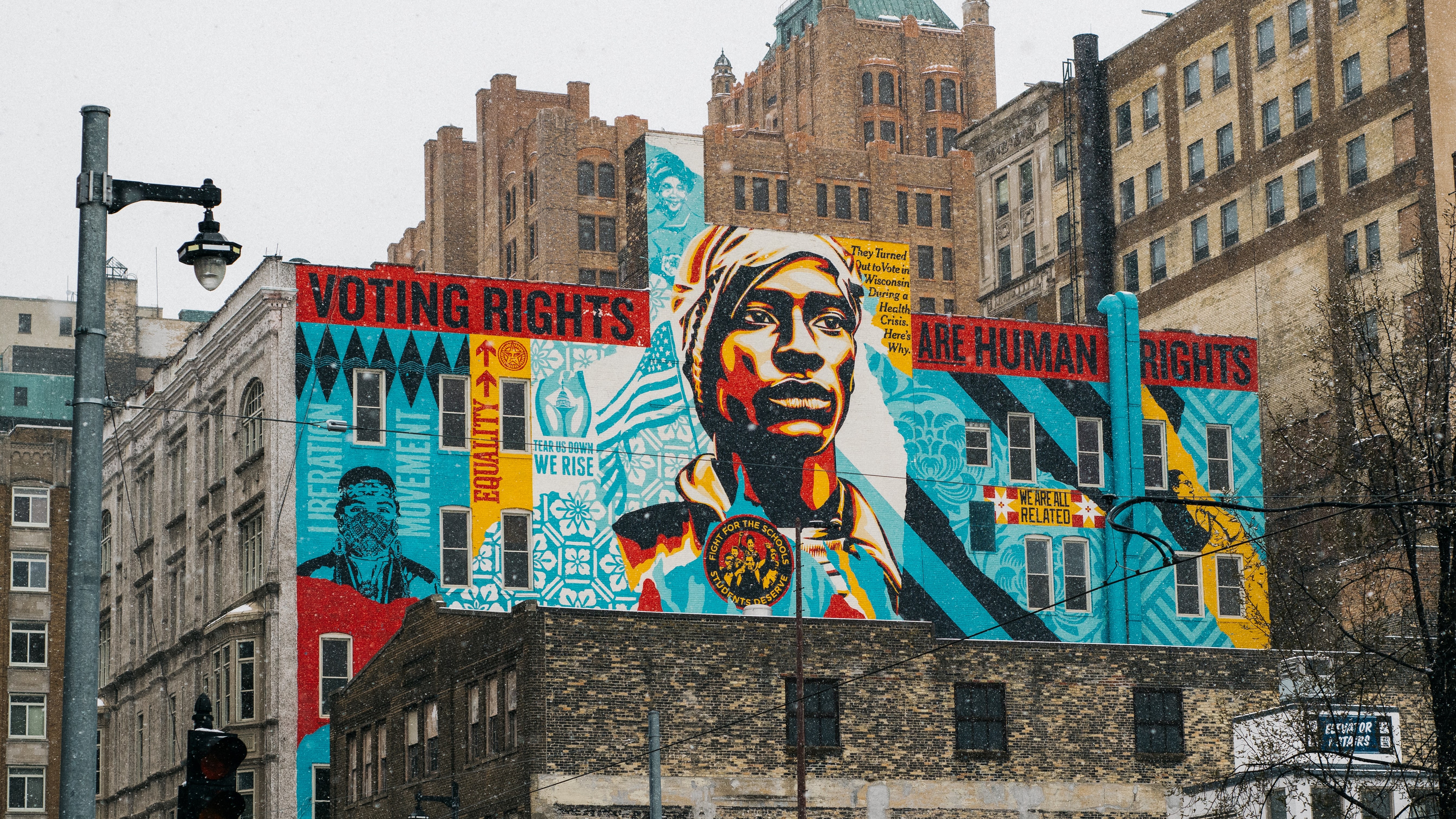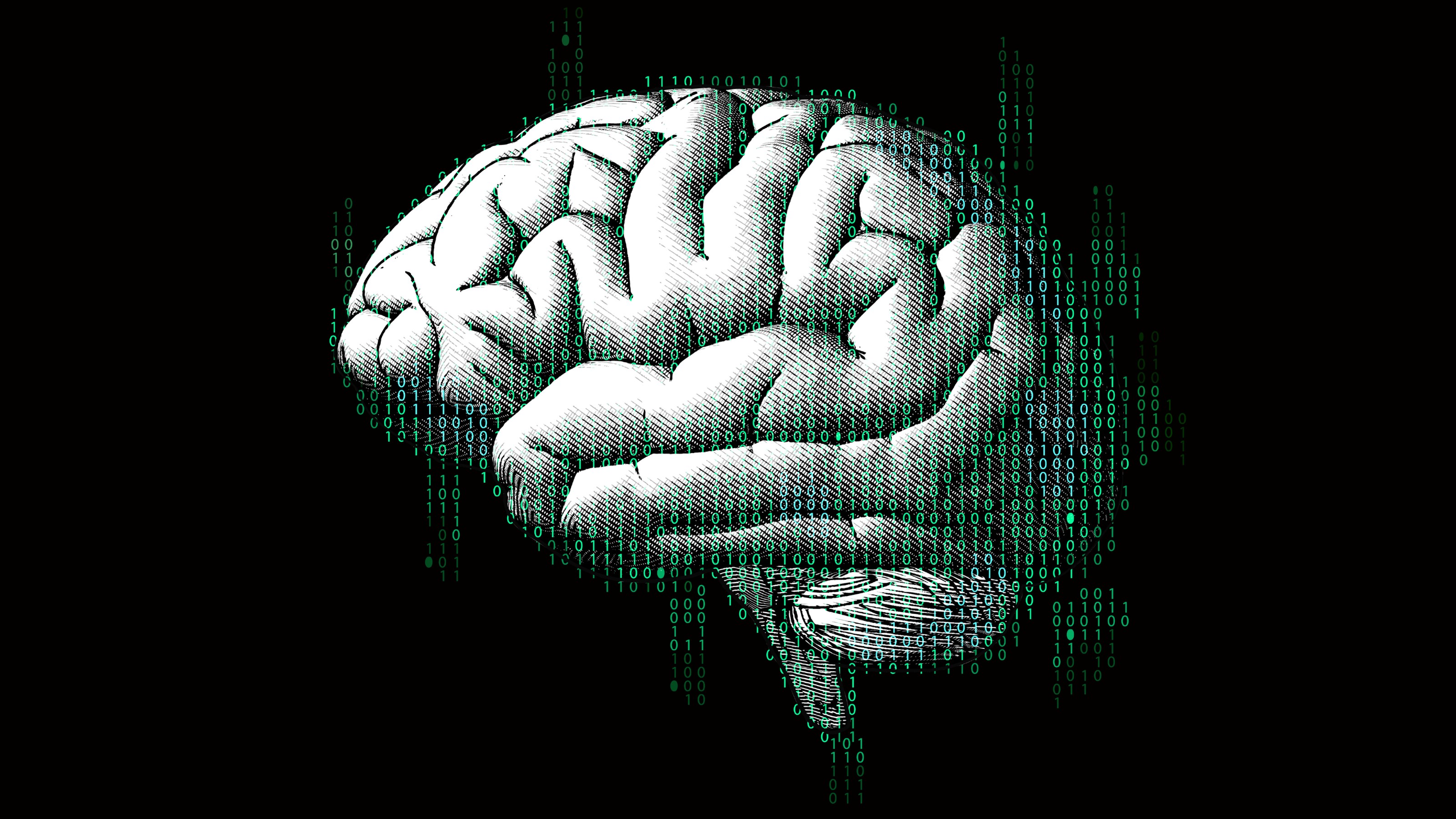Emergency powers: Is democracy “backsliding” away?

- Over the past 75 years the number of global democracies has increased but the degree of democratization can vary.
- “Pandemic backsliding” refers to democratic freedoms curtailed in response to COVID-19.
- Emergencies allow states to increase power and control, threatening democratic stability.
There’s a legend that as Benjamin Franklin left the US Constitutional Convention, someone asked what kind of government they had designed. According to legend, he said, “A republic, if you can keep it.”
Theorists have long worried whether we can keep democracy. Indeed, whether any form of government is particularly stable remains an open area of inquiry. Even when we see that, for instance, monarchies or dynasties last for centuries, there is often continuous intrigue and bloody fighting over who wears the crown.
Generally, social scientists agree that after World War II, the number of democracies greatly increased. The increase came in waves, first with the end of World War II, then with decolonization in the 1950s and 1960s, and then again with communist states transitioning to democracies at the end of the Cold War. Further, not only did the raw number or percentage of democracies increase, but democratic countries generally became more democratic.
In a recent paper, political scientists Valeriya Mechkova, Anna Lührmann, and Staffan Lindberg try to measure just how much democratic backsliding has taken place over the past twenty or so years. They use a database from the “Varieties of Democracy Project,” which measures “350 highly specific indicators across 174 currently existing countries as of the end of 2016.” They find that the total number of democracies declined by only a small amount (100 to 97), in part because while some countries stopped being democratic, others transitioned to democracy.
However, the total degree of democratization has declined. Still, they note that while democracy seems to have peaked in 2011, even today, it is much better than it was in, say, 1974, when only about a quarter of countries qualified as democratic. They caution against alarmist complaints of democratic backsliding, but they also note a trend they find alarming: while the total number of democracies, and the overall measured degree of how democratic these countries are, is fairly stable, these aggregate measures hide that there significant volatility within the data. Many countries are volatile, with their scores jumping around year after year, but the average happens to wash out to show only a slight decline since 2011. Still, their paper ends with data from 2016, so we might wonder what it would show if it continued today.
The majority of democracies, including the United States, France, Spain, and the United Kingdom, had some significant violations of liberal or democratic rights.
The Varieties of Democracy Project itself published a policy in late 2020, during the height of the COVID-19 crisis, on a phenomenon they call “pandemic backsliding.” “Pandemic backsliding” refers to when governments, in response to COVID-19, violate or curtail liberal rights, engage in authoritarian practices that limit access to information or control the media, or violate democratic standards in decision-making and accountability. They find that only a small handful of democratic countries had no violations.
The majority of democracies, including the United States, France, Spain, and the United Kingdom, had some significant violations of liberal or democratic rights. One might think this is merely a short-term problem but on the contrary, they argue, when states allocate emergency powers to themselves or curtail civil liberties in the face of an emergency, once the emergency ends, they tend not to relinquish all their new powers. Over time, emergencies allow states to ratchet up their own power and, as a logical consequence, ratchet down the freedom and power of citizens.
As of 2021, there are over 6,000 academic papers published on the problem of democratic backsliding, with about 5,000 of these appearing in the last five years. Some analyze the causes of particular instances of backsliding in particular countries; others try to measure overall changes across the world; others try to assess why backsliding occurs.
While there seems to be a consensus that some backsliding has occurred and that it is getting worse, there is no real consensus about why it occurs or whether it will continue to do so. So, as of now, it seems that the stability of democracy is a worry, but it is unclear how big of a worry.





